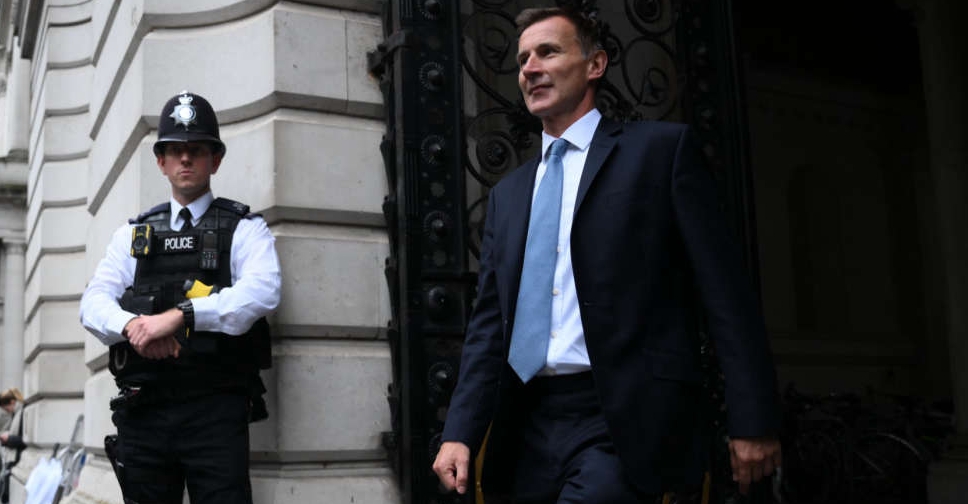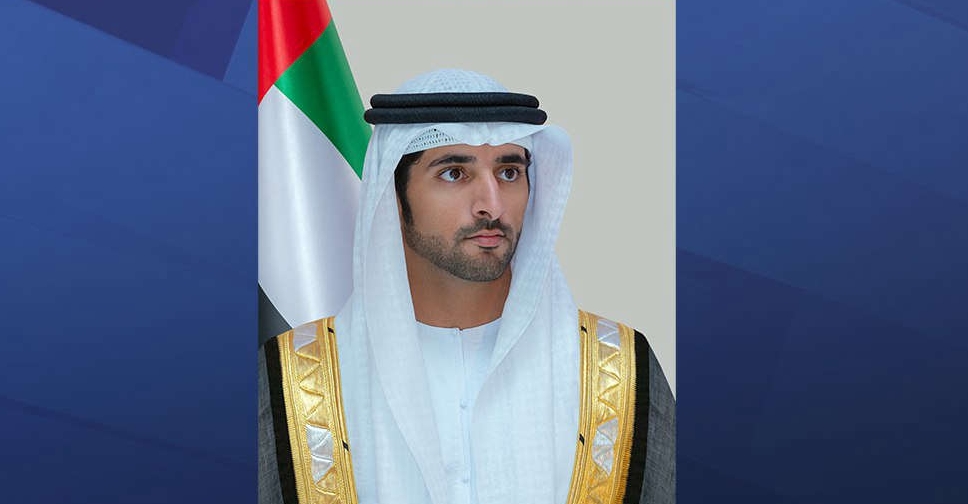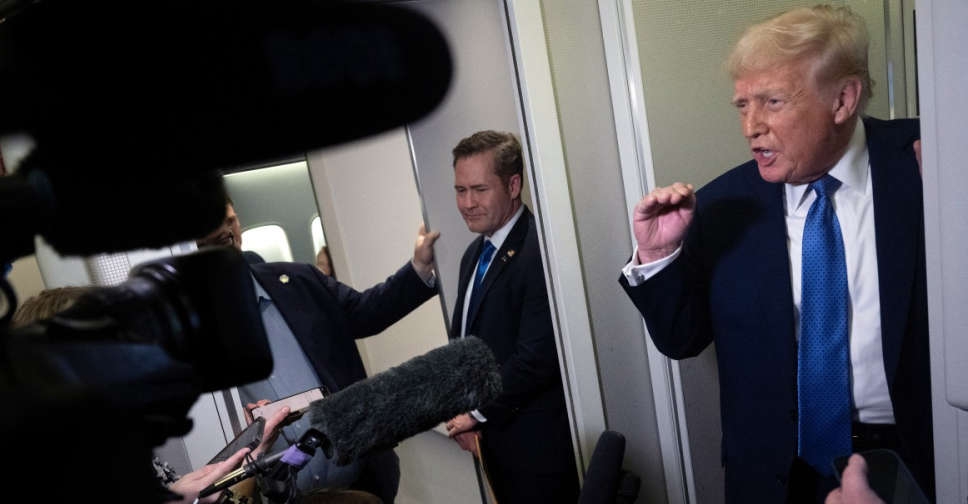
New British finance minister Jeremy Hunt on Monday reversed nearly all of Prime Minister Liz Truss's mini-budget that had sparked market turmoil, and reined in a vast energy subsidy plan, saying the country needed to rebuild investor confidence.
Hunt, appointed on Friday to fix the public finances after Truss' economic plan hammered the value of British assets, said the country needed to generate confidence and stability before it could seek to grow the economy.
He said changes to planned tax cuts would raise £32 billion ($36 billion) every year. Government spending cuts will also be required to narrow a hole in public finances that the Sunday Times reported was as big as £72 billion ($81 billion).
"I remain extremely confident about the UK's long-term economic prospects as we deliver our mission to go for growth," he said in a televised clip. "But growth requires confidence and stability, and the United Kingdom will always pay its way."
Sterling extended its gains against the dollar, to be up 1.2 per cent at 11:20 am (1020 GMT), and government bond prices edged higher.
The near total reversal of the economic plan leaves Truss, Britain's fourth prime minister in six years, battling to survive in Downing Street less than six weeks after she came to power promising bold tax cuts and deregulation to reignite economic growth.
She has been forced to reverse course after markets reacted violently to her plan, hammering the value of the pound and government bond prices and forcing the Bank of England to intervene to protect pension funds.
The Bank stuck to its schedule of ending the support on Friday, adding to the pressure on Hunt over the weekend to find ways to reduce spending before the bond markets re-opened.
While he had been expected to reverse some of the tax cuts, the change to the energy support scheme had been unexpected.
Truss had announced a two-year subsidy scheme to support households and businesses through the period of surging energy prices, costing £60 billion in six months. Hunt said on Monday that the scheme would now run until April, but become more targeted and capped after that.
Hunt would still deliver a fuller medium-term fiscal plan as scheduled on October 31, alongside forecasts from the independent Office for Budget Responsibility, the Treasury said.


 Dubai makes it easier for free zone companies to expand into mainland
Dubai makes it easier for free zone companies to expand into mainland
 Trump says no exemptions on US steel and aluminium tariffs
Trump says no exemptions on US steel and aluminium tariffs
 RTA completes 40% nol digital payment system upgrade
RTA completes 40% nol digital payment system upgrade
 OpenAI and Musk agree to fast tracked trial over for-profit shift
OpenAI and Musk agree to fast tracked trial over for-profit shift
 Starship, carrying Tesla's bot, set for Mars by end-2026: Elon Musk
Starship, carrying Tesla's bot, set for Mars by end-2026: Elon Musk




